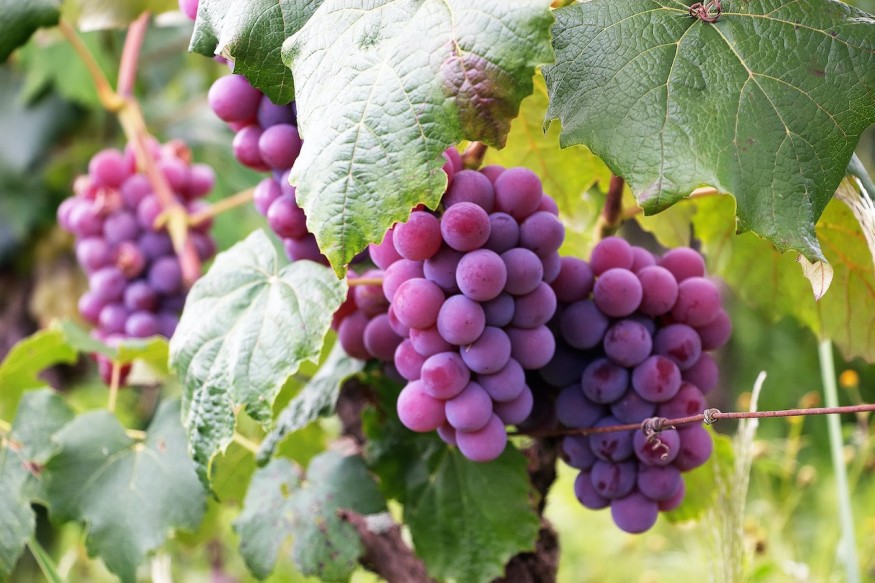
A study shows that the consumption of grapes leads to photoprotection, which can safeguard the skin against UV damage and boost sunburn resistance.
Grapes' Photoprotective Properties
According to SciTechDaily, the participants of the study ate two and one-fourth cups of grapes each day for a span of two weeks. They were seen to exhibit heightened sunburn resistance.
Aside from this, the research also discovered a significant link between the skin and the gut, considering how participants with UV resistance also had distinct metabolomic and microbiomic profiles. The research suggests that polyphenols, which are natural compounds within grapes, could be the reason why the fruit has such photoprotective properties.
The study was published in the Antioxidants journal. This recent study serves as a reinforcement to prior studies conducted regarding the particular area, according to lead author Dr. John Pezzuto, dean and professor of the College of Pharmacy and Health Sciences at Western New England University.
Does Grape Powder Yield the Same Photoprotective Qualities?
The investigation involved 29 volunteers. The researchers looked into the effects of whole grape powder daily consumption over the course of two weeks. The quantity of the powder was equivalent to 2 and one-fourth cups of grapes. They wanted to see whether such powder effectively protected the skin against UV photodamage.
The skin response to UV light of each subject was gauged before and after grape consumption. This was done by conducting MED (Minimal Erythema Dose), which involves looking at the UV radiation threshold that leads to clear reddening of the skin after a span of 24 hours. Other than this, samples of the gut microbiome, urine, and blood were also taken.
Around a third of all participants exhibited UV resistance after consuming grapes. The same subject also showed remarkable differences in terms of the metabolome and microbiome in comparison to those who did not respond to such.
The three urinary metabolites were also depressed among the UV-resistant participants. One particular metabolite is a strong marker of decreased photodamage. It suggests interesting and relevant genetic profiles for personalized and customized medicine.
Other than this, three UV-resistant participants also exhibited a durable reaction wherein UV protection stayed even if they reverted back to not consuming grapes. The protection lasted for four weeks of non-consumption.
Such a study suggests that there is a particular population segment that has the capacity to resist sunburn after grape consumption. It also suggests a link between the axis of the gut and skin and UV resistance.
Skin Cancer
SciTechDaily reports that there are more than 3 million Americans who are affected annually by skin cancer. This is largely due to sunlight exposure. Other than this, projections show that one in five Americans may develop skin cancer when they reach 70 years old. Most cases of skin cancer are linked to UV radiation exposure: around 86% of melanoma and 90% of non-melanoma skin cancer. Other than this, around 90% of skin aging is due to the sun.
Check out more news and information on Medicine and Health in Science Times.
© 2026 ScienceTimes.com All rights reserved. Do not reproduce without permission. The window to the world of Science Times.












